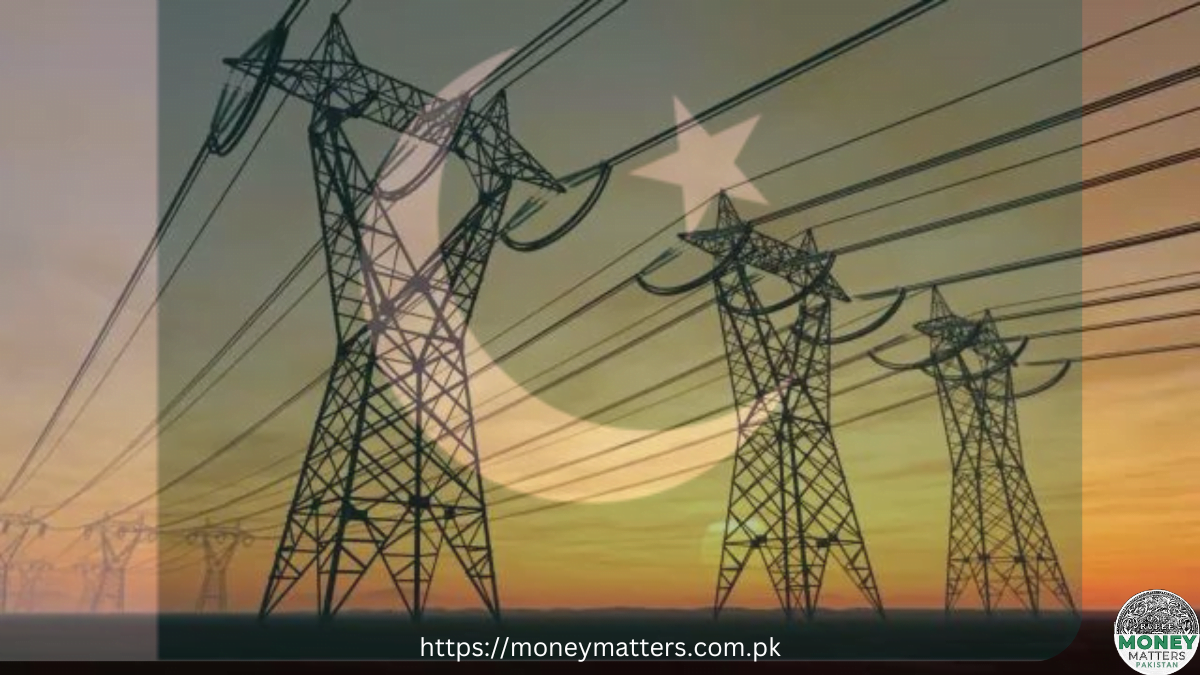Key Takeaways:
- British International Investment (BII) shows interest in Pakistan’s energy sector.
- Pakistan’s GDP growth projected at 2.4% for FY24 and 3.6% for FY25.
- Foreign exchange reserves and foreign remittances are increasing.
- Government initiatives focus on tax reforms, energy sector improvements, and privatization.
- Pakistan’s agreements with power producing companies guarantee payments irrespective of production, allowing high yields for investors.
Investment Interest in Energy Sector
A prominent British investment firm, British International Investment (BII), has shown interest in investing in Pakistan’s energy sector. The focus is particularly on enhancing the country’s transmission system. This development was confirmed during a recent meeting with Pakistan’s Federal Minister for Finance and Revenue, Senator Muhammad Aurangzeb.
Improving Economic Indicators
During the meeting, the finance minister shared positive updates on Pakistan’s economy. Highlights included a GDP growth rate of 2.4% for FY24, expected to rise to 3.6% in FY25. Other notable points were the accumulation of foreign exchange reserves to Rs9.4 billion, a drop in CPI inflation to 12.6% in June 2024, and a 7.7% increase in foreign remittances compared to the previous year.
Pakistan is currently grappling with significant challenges caused by one-sided agreements made with Independent Power Producers (IPPs), which mandate guaranteed payments to these producers regardless of their actual electricity output. These agreements, heavily criticized for their investor-friendly terms, have become a major point of contention due to the financial burden they impose on the country.
Government’s Economic Strategies
Senator Aurangzeb emphasized the government’s commitment to economic growth, mentioning the successful completion of a 9-month Stand-By Arrangement with the IMF. He also outlined plans to increase the tax-to-GDP ratio to 13.7% by broadening the tax base and digitizing the Federal Board of Revenue (FBR).
Energy Sector Initiatives
The minister discussed ongoing efforts to reduce energy generation costs and the privatization of power distribution companies (DISCOs). He also mentioned reforms in state-owned enterprises (SOEs) and attracting investment through public-private partnerships.
Enhancing Foreign Direct Investment
The meeting underscored the importance of foreign direct investment (FDI), with a special focus on the role of the Special Investment Facilitation Council (SIFC) in drawing investments into key sectors like energy, agriculture, and IT.
Encouragement for Engagement
The finance minister encouraged the BII delegation to engage with the SIFC, highlighting it as an efficient platform for attracting and facilitating foreign investments. The delegation praised the government’s initiatives to stabilize the economy and enhance the investment climate, expressing their interest in contributing to the energy sector improvements.
The burden of one-sided agreements with IPPs
Pakistan is currently grappling with significant challenges caused by one-sided agreements made with Independent Power Producers (IPPs), which mandate guaranteed payments to these producers regardless of their actual electricity output. These agreements, heavily criticized for their investor-friendly terms, have become a major point of contention due to the financial burden they impose on the country. The guaranteed payments, referred to as capacity charges, made even when no electricity is produced, allow investors to enjoy high yields, causing an exorbitant increase in electricity rates. This escalation in costs is ultimately passed on to consumers, exacerbating financial strain on every sector of the society, from households to businesses alike. The resultant high electricity tariffs not only hinder economic growth but also contribute to widespread public dissatisfaction, highlighting the urgent need for renegotiation of these agreements to create a more balanced and sustainable energy sector.
Under such conditions, especially when the already installed power plants, have a capacity exceeding the total requirement of Pakistan, signing of new agreements for setting up more power plants may not be a good idea.




